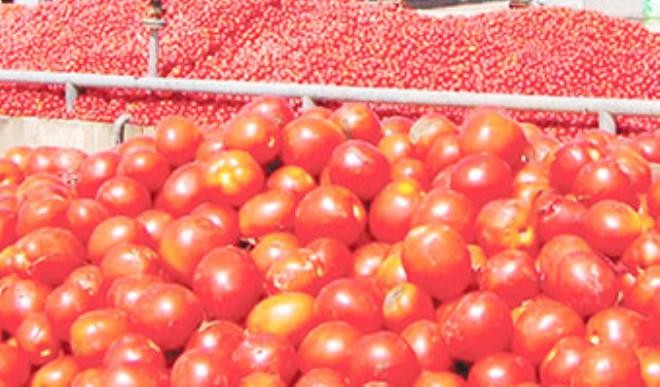Why rain-fed tomato is cheaper in Katsina
Every year, farmers in Katsina State start harvesting their rain-fed tomato in late June and early July after a long period of its scarcity. Many would expect that the acute scarcity of the produce that preceded its harvest would result in its high cost, but to the contrary, rain-fed tomato is sold cheap all through […]

Every year, farmers in Katsina State start harvesting their rain-fed tomato in late June and early July after a long period of its scarcity.
Many would expect that the acute scarcity of the produce that preceded its harvest would result in its high cost, but to the contrary, rain-fed tomato is sold cheap all through the season.
Malam Umar Kokami, a tomato farmer in Danja LGA, said the variety they cultivate in the rainy season is different from that of dry season farming.
“One of the factors affecting tomato price in the rainy season is the variety widely cultivated in the season which is Roman Beefsteak. This variety is suitable to rainy season and bears a lot of fruits but its shortcoming includes high water content in the fruit which causes it to damage easily.”
He added that many local farmers, who were not regular tomato farmers, also cultivate the crop, sometimes mixed with onion or pepper to source for quick cash in the season.
“Because of the economic challenges experienced by rural farmers, every rainy season, tomato is cultivated massively along with other crops to assuage the situation. This is another reason why the produce floods the rural markets and is sold at a cheap price,” said Malam Umar Kokami.
He further explained that a small basket (‘chilliga’ in Hausa) is now sold at N600 to N1,000 depending on its quality as against N4,500 it was sold about two months ago.
A tomato merchant, Alhaji Maikudi Sashi Danja, told this reporter that they hardly transport tomato to markets in the South during the rainy season.
“The variety we cultivate in this season is not suitable for transportation due to its watery nature therefore, we hardly send goods to Lagos, Ibadan or Onitsha markets, instead we concentrate on onions. This, among other reasons, helps in flooding our local markets with tomato forcing its price to go down.”
Alhaji Maikudi added that their business starts in earnest in January when the UTC variety, irrigated within October to December, is harvested.
